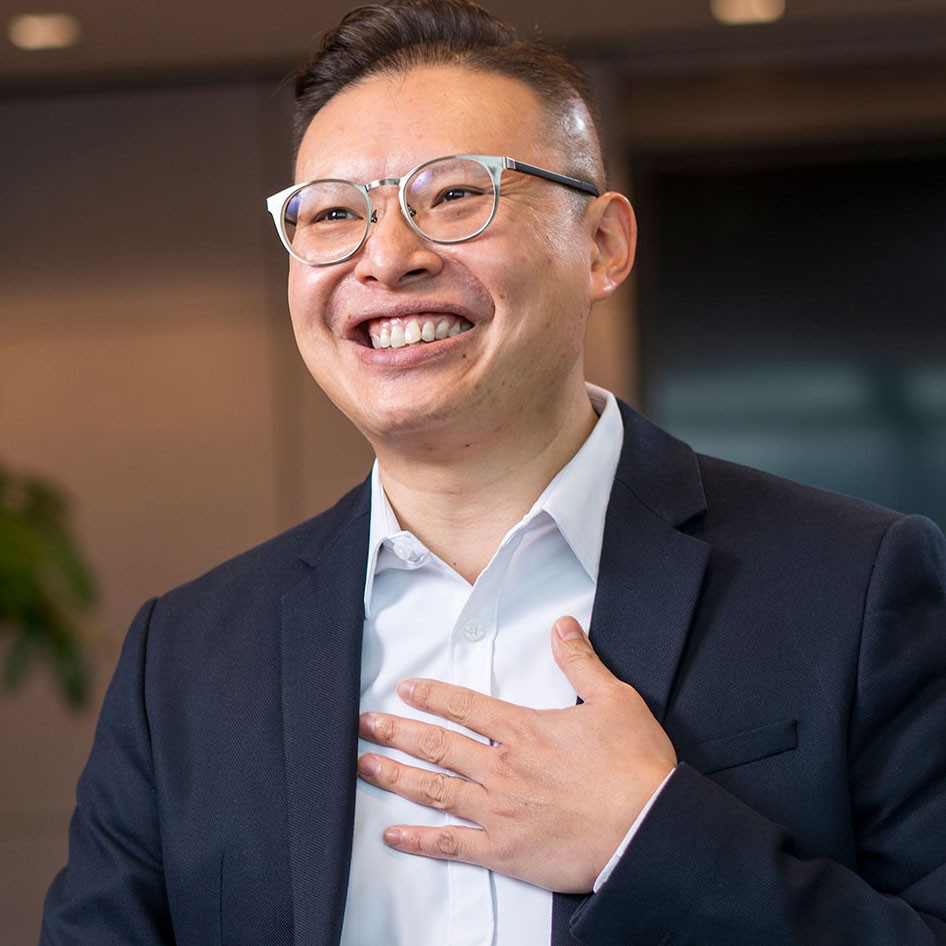
Technology has held the spotlight as the key disruptor reshaping the future of work, particularly for the accounting profession. Yet, as extensive ACCA research shows, a number of other forces have also come into play.
With this in mind, what will it take to equip those starting out today to grasp the opportunities ahead?
Against the backdrop of ACCA’s new report, Future ready: accountancy careers in the 2020s, two recent virtual roundtables brought together academics from 10 universities in Hong Kong and Macau, as well as a group of young, upcoming professionals, to share their views.
Redefine and differentiate
On the question of image, the academics agreed on not only the need to redefine but also to differentiate the profession. Professor Agnes Cheng, head of the School of Accounting and Finance at the Hong Kong Polytechnic University, pointed out that accounting students should develop a broader business knowledge, while educators should have access to training on future prospects that goes beyond traditional audit roles.
As technologies increasingly inform business decision making, the need for accounting students to be tech-savvy, possessing not only a thorough knowledge of digital advances but also the analytical skills that derive business insight, was highlighted by Dr Man Ko, senior lecturer and programme director for the bachelor of commerce in accountancy at Hong Kong Baptist University.
To achieve this, Professor George Yang, director of the School of Accountancy at the Chinese University of Hong Kong, wants to see more technology-related subjects – such as big data and data analytics – added to the curriculum, perhaps replacing some of the traditional assurance and bookkeeping subjects.
Interesting and exciting
Dr Raymond Wong, associate professor at the College of Business at City University of Hong Kong, agreed, noting that the misconception that accounting is equal to bookkeeping remains a hurdle.
‘Now students are looking for jobs that are more interesting and exciting, such as technology-related fields,’ he said.
Enriching the accounting syllabus to include more skillsets and a wider knowledge base would better equip accounting graduates to join sectors such as investment banks or consulting firms, added William Ho, senior lecturer at The Open University of Hong Kong.
More relevance
Professor Guochang Zhang, area head of accounting and law at HKU Business School, pointed out that many types of jobs in the corporate sector, beyond accountancy firms, are in demand. Have educators done enough to make accounting more relevant to business, he asked?
Dr Kelvin Mak, senior lecturer in the department of accounting at Hong Kong University of Science and Technology’s Business School, suggested making some non-core accounting subjects elective, such as company law or corporate strategy, allowing for a greater focus on areas including financial analysis and data analytics.
‘Apart from counselling, we could give students a sand-box environment and let them learn by trial and error,’ he suggested.
The need for students to be tech-savvy, possessing not only a thorough knowledge of digital advances but also the analytical skills that derive business insight, was highlighted
International outlook
Joey Lee, associate head and senior lecturer in the department of accountancy at The Hang Seng University of Hong Kong, shared her observation that local students are not aware of opportunities in other countries, such as the Middle East and South Africa, where there is huge growth potential.
’It would be helpful to provide them with more information,’ she said, noting that ACCA, as a global network, plays an important role in this.
Professor Jean Chen, dean of the Faculty of Business Administration and chair professor in accounting and finance at the University of Macau, agreed that a majority of students want to work overseas or in the Greater Bay Area, targeting tech companies and Big Four firms as their preferred employers.
She added that nowadays, the accounting profession particularly welcomes students equipped with multi-disciplinary knowledge combining accounting and technology.
Educators must learn, too
As for the educators’ own current challenges, Professor Zhijun Lin, vice president and dean of the Business School at Macau University of Science and Technology, cited keeping up with new technology as the main pain point.
Solutions could include seminars or on-campus talks for educators on technology and its impact on careers. Jean Chen said the University of Macau welcomes such sessions, which ‘can also equip our teachers to better and more accurately portray the accounting profession.
‘This kind of first-hand information capturing the industry development is highly demanded in Macau,’ she added.
Knowledge is the pillar
Meanwhile, in a roundtable held to hear the views of the upcoming generation, finance professionals shared a variety of ambitions. Some clearly aspired to a Big Four position, while others saw themselves joining the tech or corporate sectors, or starting their own business.
There was a consensus that, no matter where their career path leads, accounting knowledge will be a valuable pillar. One undergraduate, currently studying science, had already identified a gap in what she can offer the business world, and regarded a science background plus the ACCA Qualification as ‘an excellent foundation for me’.




